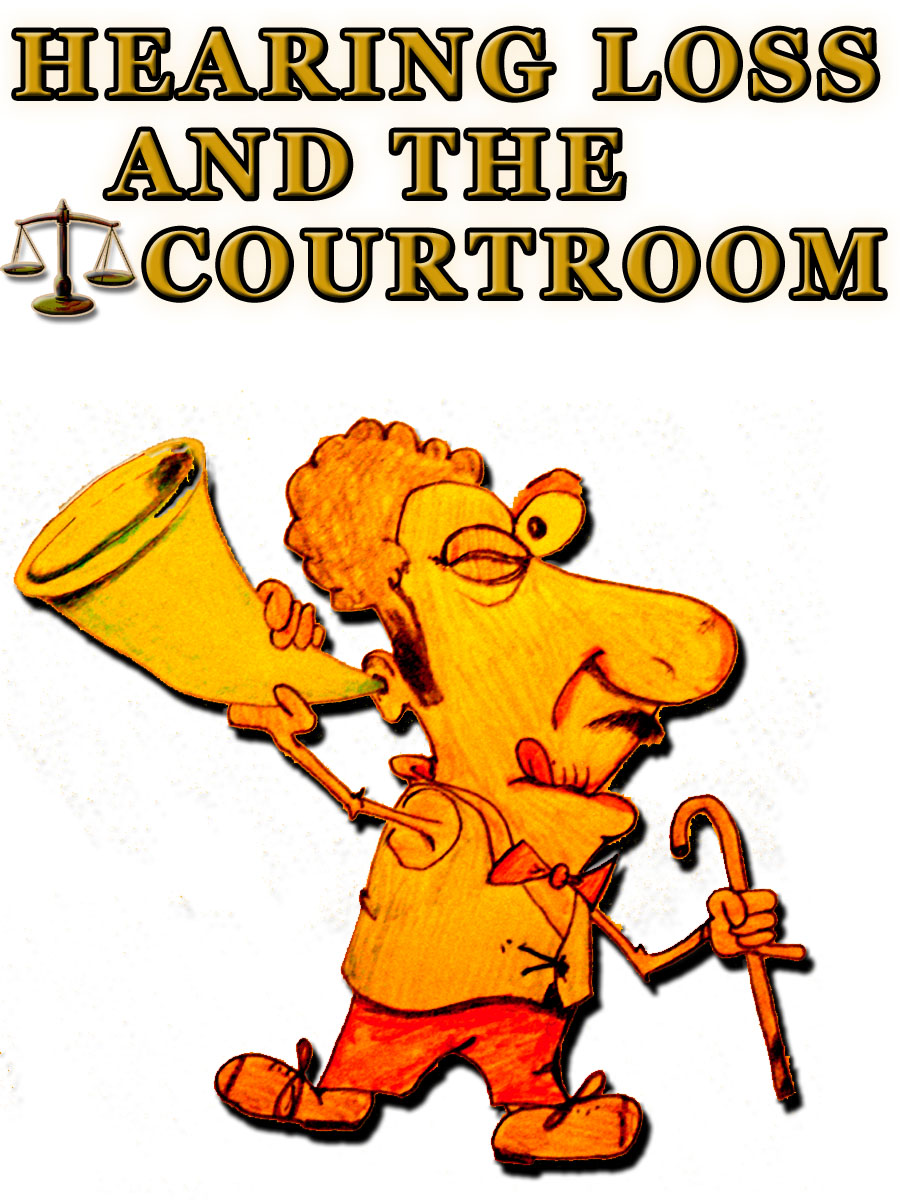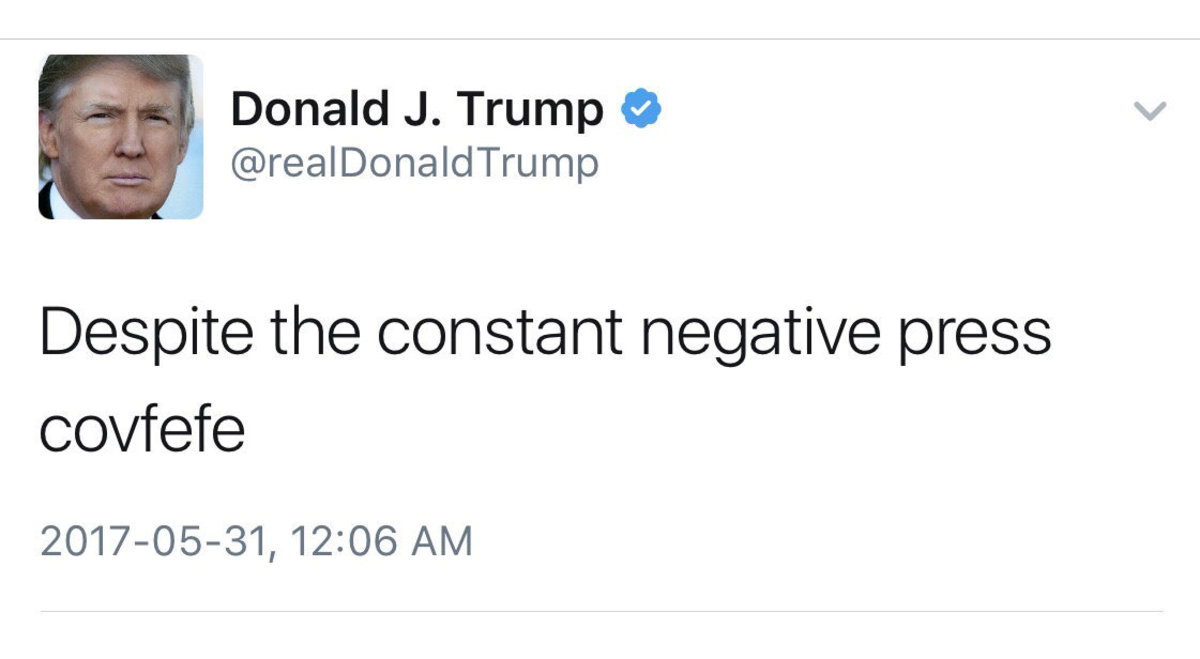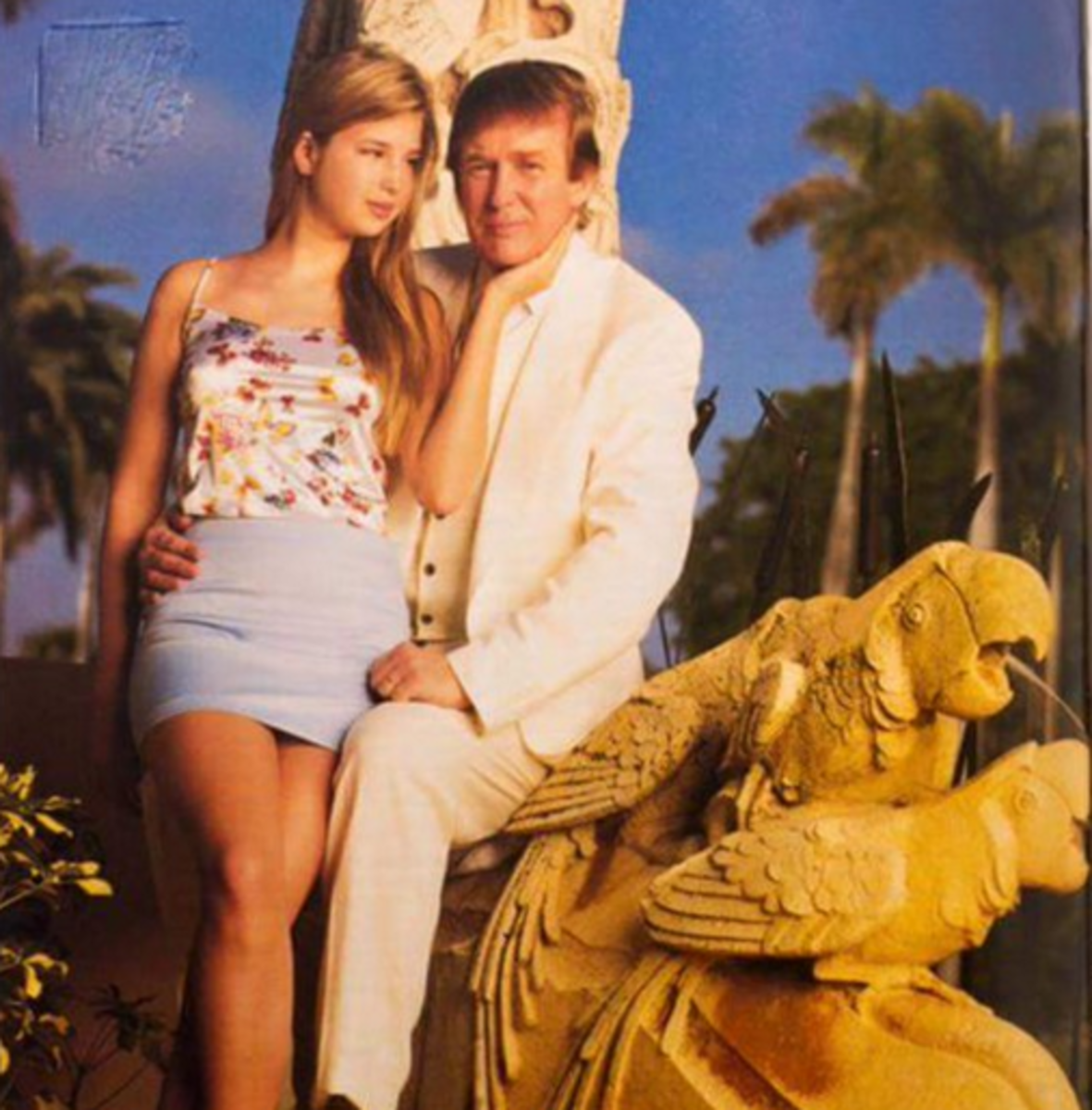Jury Duty
Justice depends on the keen focus of the jury.
Background Information regarding juries:
Juries perform three main functions:
1. "Jurors listen to the evidence, ascertain the relevant facts, and draw reasonable inferences in reaching a verdict."
2. "Jurors listen to instructions read by the court and apply legal principles to the case."
3. "Jurors determine the legal consequences of the litigants' behavior through group deliberation. They publicly announce their verdict."
Other facts:
1.) Federal judges may not re-examine any fact tried by a jury, (unless it is allowed by the common law.) In other words, "...no court, trial or appellate, may overturn a jury verdict that is reasonably supported by the evidence... Judges are charged with the responsibility of resolving issues concerning the admissibility of evidence and instructing jurors regarding the pertinent laws governing the case. Judges are also permitted to comment on the evidence, highlight important issues, and otherwise express their opinions in open court as long as each factual question is ultimately submitted to the jury. However, a judge may not interject her personal opinions or observations to such an extent that they impair a litigant's right to a fair trial…"
2.) "A jury must be allowed to hear a lawsuit from start to finish unless it presents a legal claim that is completely lacking an evidentiary basis."
3.) "The Seventh Amendment guarantees civil litigants the right to an impartial jury. A juror's impartiality may be compromised by communications with sources outside the courtroom, such as friends, relatives, and members of the media. The presence of even one partial, biased, or prejudiced juror creates a presumption that the Seventh Amendment has been violated."
*All quotes abstracted from the following web site:
http://legal-dictionary.thefreedictiona … +Amendment
One would assume there is a way to guarantee judicial competence. The primary way would be to select qualified judges and jurors. Qualified judges come from institutions of higher learning. However, jurors are your run-of-the-mill, educated or not, randomly selected Joe and Joan. How can we guarantee that jurors are intelligent enough to discern and accurately deduct the innocence or guilt of the accused. "Innocent until proven guilty" is the goal. But what about those who are sentenced to death or to life in prison because they were found guilty when they were actually innocent? We are at the mercy of our juries, good or bad.
In fact, juror competency is a serious concern for trial courts.To help juries, the courts provide detailed introductory instructions and allow jurors to take notes. Jurors are encouraged to discuss the interim summation after it is presented by the counsel. The courts will provide concluding instructions before the argument and introduce special verdicts. The inability of jurors to remember testimony and to grasp confusing or abstract concepts presents problems for the judges. Sometimes judges won't use a jury due to the complexity of the case. Sometimes they bring in jurors with special expertise in the area of concern. The courts also realize the length of the trial, the amount of evidence, the number of claims and the hardship of a prolonged service can present problems for jurors.
Should we require some sort of intelligence testing in selecting jurors, especially for murder trials? Ideally, juries should be made up intelligent people who have common sense and deductive reasoning abilities. How would you go about testing them for it? One answer is the Intelligent quotient test.
"An Intelligence Quotient test, is a score derived from one of several standardized tests designed to assess human intelligence. The abbreviation "IQ" was coined by the psychologist William Stern for the German term Intelligenz-quotient, his term for a scoring method for intelligence tests he advocated in a 1912 book. When current IQ tests are developed, the median raw score of the norming sample is defined as IQ 100 and scores each standard deviation (SD) up or down are defined as 15 IQ points greater or less, although this was not always so historically. By this definition, approximately 95 percent of the population scores an IQ between 70 and 130, which is within two standard deviations of the mean." *Definition abstracted from Wikipedia
But, there are many arguments against testing. "IQ tests don't measure common sense, decision making or reasoning abilities," some folks will tell you. Others will explain that scientific studies show that those with high I.Q.s can have disabilities in other areas of intelligence involving personality and emotions. In this case jurors could be easily mislead using emotion over logic. They might be easily swayed by ruthless lawyers or by the lies of the criminals on the stand. Therefore, EQ tests may also be in order along with IQ tests.
However, no written test is required for a juror. After being randomly selected, each juror is interviewed to determine their experiences and backgrounds. The attorneys may object to a juror using either "peremptory challenges" or "challenges for cause." When an attorney challenges a juror for cause, there was most likely something in the juror's history that would cause him to be prejudiced. For example, an attorney would not allow a retired teacher to sit on a jury deciding on a teacher misconduct case. Each attorney may use as many "challenges for cause" as he likes. Each side gets a limited number of "peremptory challenges" and do not need to give reasons for them. Attorneys are not allowed to use "peremptory challenges" based on race or gender.
Randomly selected jurors are used in even the most complicated of cases and any type of reform involving testing for IQ and/or EQ is unlikely. Although testing of jurors is a seemingly logical solution in solving any problems of judicial incompetence, it is completely and utterly taboo for two main reasons: 1.) Forcing citizens to reveal their IQs or their EOs is an invasion of privacy. 2.) A jury of peers does not equal a jury of people with high IQ's. Therefore, while it seems logical to require some sort of high intellectual and emotional standards for jurors, it is not practical or even legal to enforce them. In conclusion, a jury of one's randomly selected, untested, rationally-minded peers is the most practical and legal way to obtain qualified jurors. Of course, judicial mistakes are occasionally made, but frequency of any type of judicial incompetency is surely minimal.








